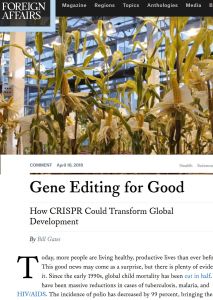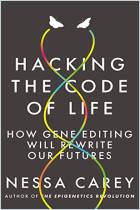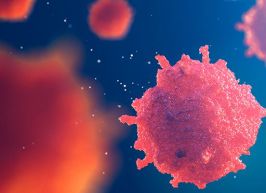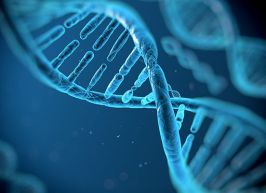Melden Sie sich bei getAbstract an, um die Zusammenfassung zu erhalten.

Melden Sie sich bei getAbstract an, um die Zusammenfassung zu erhalten.
Bill Gates
Gene Editing for Good
How CRISPR Could Transform Global Development
Foreign Affairs, 2018
Was ist drin?
Gene editing could help the world tackle some of its greatest challenges.
Recommendation
CRISPR gene-editing technology has taken the scientific world by storm. Using this technology, which allows scientists to insert, modify or delete genes in an organism, is not a risk-free endeavor. Yet according to Microsoft founder and philanthropist Bill Gates, failing to take advantage of gene editing’s great potential to help the world’s poorest people would be a “tragedy.” Writing in Foreign Affairs, Gates makes a case for using CRISPR and other gene-editing techniques on a global scale to promote food security and fight disease.
Summary
About the Author
Bill Gates is co-chair of the Bill & Melinda Gates Foundation and the founder of Microsoft.





























Comment on this summary